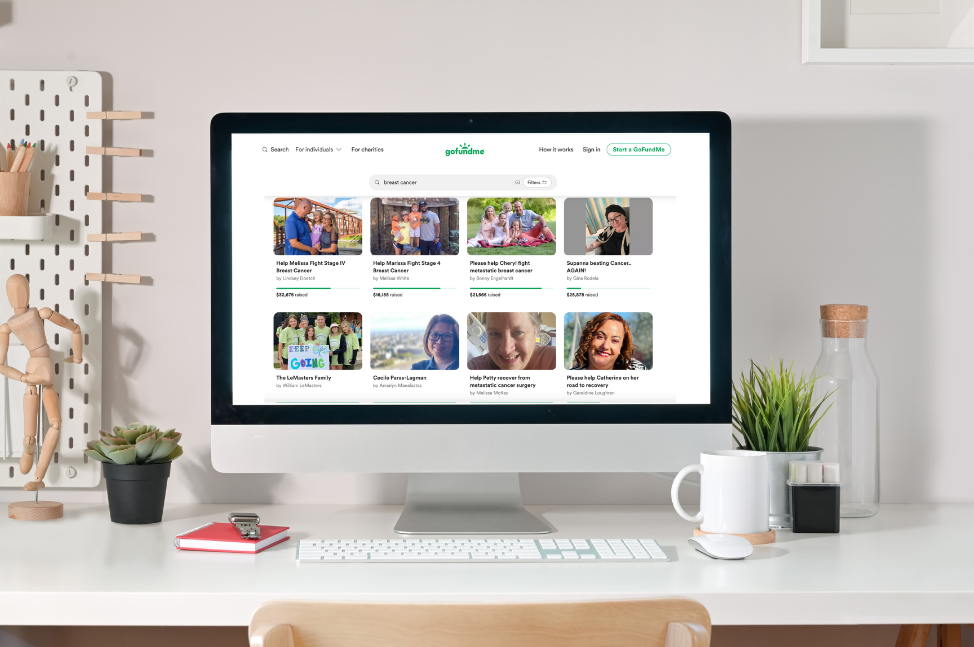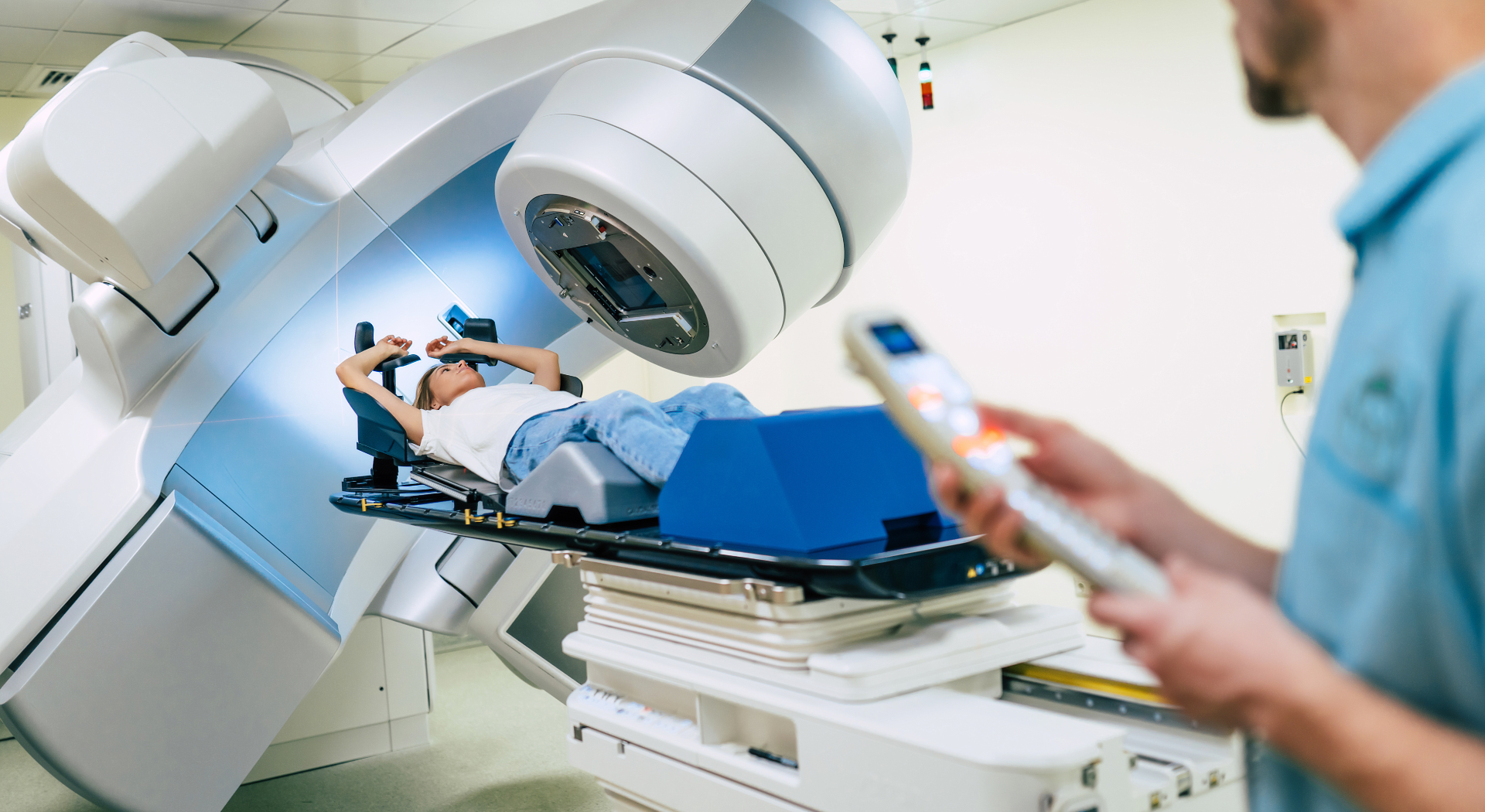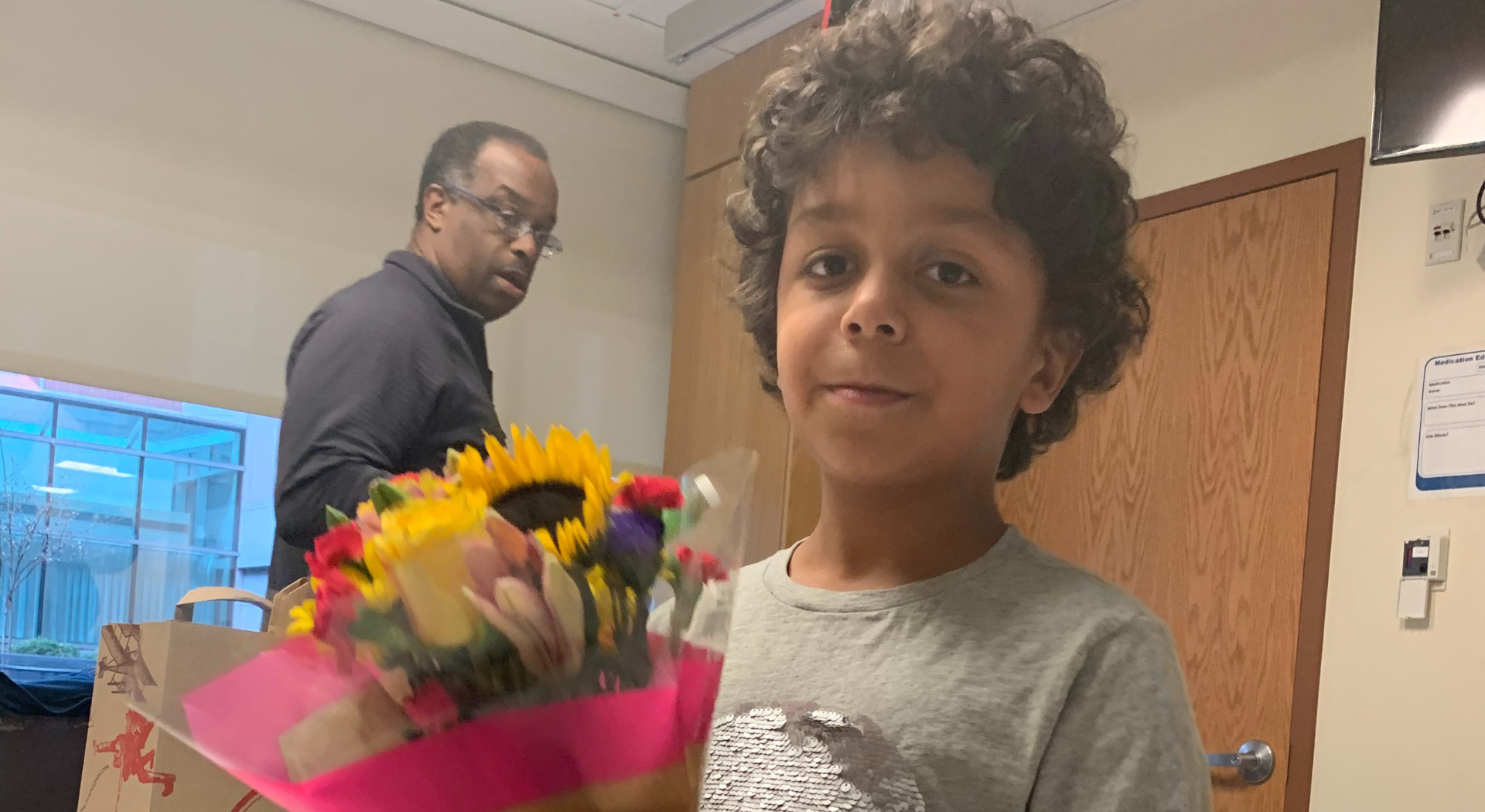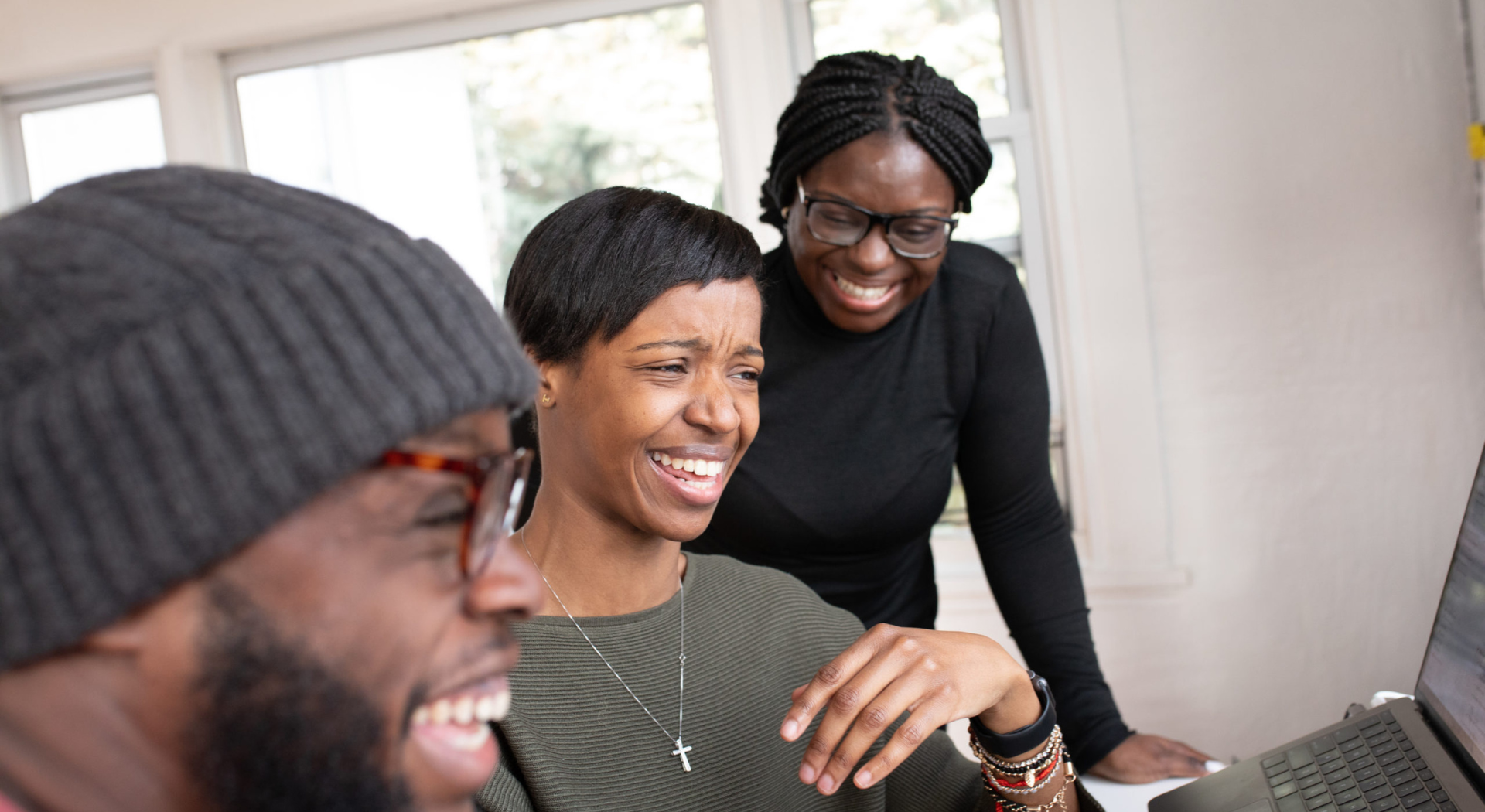A GoFundMe is not a plan, but for me, it was the only reason we didn’t lose our house. I may have prepared physically for the fight, but I had no idea how unprepared we were financially and legally.
Cesar and I both had great careers at the time of my diagnosis. We knew we were in for a physical fight but had no idea how financially devastating it could be.
We were in awe of how we struggled financially to fight cancer. The stress of the financial toxicity almost killed me with the worry about how to pay our bills, and how we weren’t going to get bad credit (we did), and how we were going to make it from one house payment to the next.
Add to that the fact that, under extreme stress and not of sound mind, this was not the time to make life-or-death legal decisions. I will never forget looking up at a Johns Hopkins staff member with a clipboard in his hands to go over these tough decisions. His face was so blurry, and his voice cracked as he looked at me and I appeared in such pain.
He said, “Hi Mrs. Hernandez-Aldama, I’m here to help you with some important decisions. Do you have a will or advanced directive? How about guardianship for your mom to care for your son? And how about a DNR (do not resuscitate) order?”
“Uhhhh Wha. . . ? What?” I could barely sit up. “Excuse me?” I put my hands on my then-bald, cold, sweaty head and stuttered, “Uh. uh uh. no. I don’t have any of that. Can you help me?”
Whether you are a patient or a caregiver, the financial toxicity of illness is devastating. Cancer patients deal with this struggle daily. I cannot encourage you enough to wave the flag, reach out to friends, and ask for help. We are all stronger together.
One health catastrophe is all that stands between most families and financial ruin. It’s been years now since my leukemia went into remission, and we’re still digging out from the wreckage. Even though we were lucky enough that a lot of my treatment was covered by health insurance through Cesar’s plan, we were spending thousands of dollars out of pocket every month. The added costs piled up. There were copayments for everything—my hospital room, the chemo cocktail and dozens of prescriptions, the never-ending blood work (by an out-of-network provider), care from doctors and medical techs and skilled nurses, scans, and lab cultures.
The big one was IV Tylenol. Never heard of it? Neither had I, and it costs $1,000 a pop. Insurance covered only the pill form. For a lot of my time in chemo, I could barely eat or swallow because of mucositis—miserably painful inflammation and ulcers in the digestive tract that are barbaric side effects of the toxins. When mine was bad, I couldn’t even drink through a straw. Everything—water, drugs, nutrients—had to come through my IV. Now, remember, I wasn’t taking the heavy-duty pain meds for the most part. Still, at times we had no choice.
Our travel costs, of course, were through the roof since my mom was keeping Gabriel in Atlanta. Even with the generous break Southwest Airlines gave us on last-minute bookings, tickets back and forth for them to visit between treatment cycles ran around $1,500 (Cesar would round-trip it on both ends to help them fly). And Cesar flew down there every other weekend in an effort to keep connected to our son.
Another complicating factor was our recent move: Nearly everything belonging to Gabriel and me was still boxed away somewhere in our new, unlived-in house. We had to buy replacement clothes and toys for him in Georgia. Preschool and after-school care in Atlanta was a hefty bill, plus we helped out with my mom’s grocery bill. And every month our mortgage and insurance payments came due—for a home, we’d purchased based on the expectation of two incomes. Now that was a big mistake.
Add to all of that Cesar’s overnight parking at the hospital garage, the extra gas and tolls needed to shuttle back and forth between work, Hopkins, and home, plus easily $40 a day for meals he ate out (the man had no time or place to cook). Healthy groceries and snacks for me rounded out our basic expenses. In the middle of everything, Cesar’s car broke down and needed a $6,000 transmission repair. It was nuts. And that was before the massive bills we amassed during my bone marrow transplant.
In the beginning, before we redirected delivery of our bills, my husband would collect whatever piled up in the mailbox at our house in Virginia and hand me the stack. I would sit on my bed with my laptop, prioritize the bills, and pay what I could online. Thank God for online bill pay! That’s right, staring death in the face and hooked to an IV chemo drip, I was running our household finances. Doctors or nurses would come into my room to do a test, and I’d be on the phone begging some creditor to be flexible about our payments. It was exhausting, and it was distracting.
There was no patient navigator to suggest, “Hey, you can call these companies and tell them you have a medical emergency and ask for some leniency.” Nope. No guidance toward a financial crisis plan. This is what I hope ArmorUp for LIFE can do one day for other patients. Financial fitness matters.
I knew what I needed to do. Delegate and ask for help. I wasn’t going to make it if I didn’t wave that white flag. Time to call up the pit crew. My friend Alyce jumped in with both feet. Get over your pride, she said. Let’s just ask for help. We accepted her offer to do a GoFundMe campaign, to raise money for our expenses through social media.
Cesar and I were humiliated. We had never asked anyone to help us financially. We were the ones who’d always done the donating, whether it was too worthy organizations or people in need. But suddenly all the good karma we had put out into the world over our lifetimes came rushing back. I was never so glad that I’d put good into the world and helped others because now so many people helped us. I am grateful to this day, and will always pay it forward.
My husband never got comfortable with the idea of accepting charity. Even though we were in desperate shape and could have lost our home, he would tell people we were good and turn their offers away. It’s just his nature.
Of course, a GoFundMe money-raising campaign is not supposed to be a financial plan. But it was what we wound up with. Cesar and I were still young, fairly well-situated with good incomes, and focused on our careers. We hadn’t set aside savings properly—not because of lavish lifestyles, but because we’d been living apart in two distant households and often aiding other family members. We figured it would be decades before we needed to worry about having a financial cushion. Now we were paying the price.
We have all heard financial planners say everyone should have six months of living expenses saved up for emergency situations, and it sounds wise. Sadly, no one ever thinks those experts are talking about them. We’re lucky. Cesar’s salary and the GoFundMe account kept us afloat. But the perfect credit ratings from our earlier lives have unraveled. No credit bureau adds the disclaimer BUT SHE BATTLED LEUKEMIA!! when they downgrade your status.
Diet, exercise, lifestyle, and spiritual and financial fitness all play a crucial role in your overall well-being. Make sure your life is in order and start building your pit crew today.







